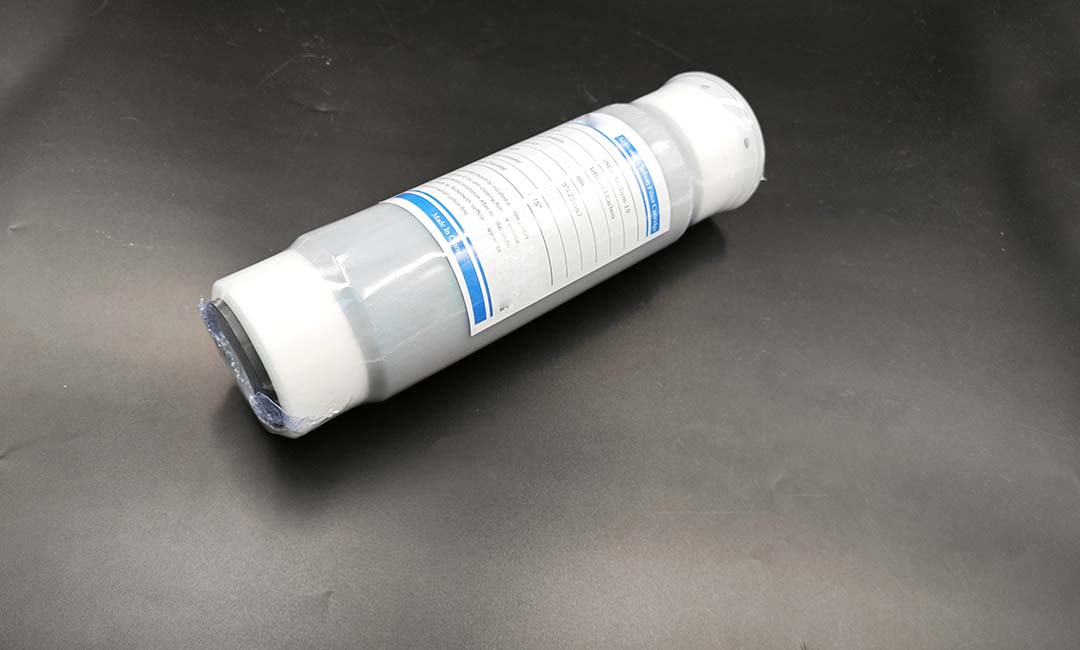# How Drinking Water Filters Remove Harmful Contaminants
Water is essential for life, but it can often contain harmful contaminants that pose health risks. Common pollutants include heavy metals, bacteria, and chemical residues, which can seep into your drinking water from various sources such as industrial runoff or aging plumbing systems. Understanding these contaminants is the first step in protecting your health.
Heavy metals like lead and mercury can accumulate in the body over time, leading to serious health issues, including neurological damage and developmental problems in children. Additionally, harmful bacteria such as E. coli can cause severe gastrointestinal illnesses. Investing in a reliable drinking water filter can effectively eliminate these threats and ensure your water is safe.

Drinking water filters utilize various technologies to remove harmful contaminants. Activated carbon filters are particularly effective at absorbing chlorine, which is commonly used in municipal water treatment but can impart an unpleasant taste and odor. These filters also trap organic compounds that can contribute to health issues.
Reverse osmosis systems take filtration a step further by pushing water through a semi-permeable membrane. This process removes a wide range of contaminants, including heavy metals, nitrates, and even some microorganisms. By understanding how these filters work, you can choose one that best suits your needs and lifestyle.

Investing in a drinking water filter not only protects your health but also enhances the overall quality of water you consume. Filtered water tastes better, encouraging you to drink more and stay hydrated. Furthermore, many filters can save you money in the long run by reducing your reliance on bottled water.
Moreover, using a water filter is an environmentally friendly choice. It reduces plastic waste associated with bottled water and lowers your carbon footprint. By choosing a quality drinking water filter, you’re making a responsible choice for both your health and the planet.
With numerous options available, selecting the right water filter can seem daunting. Start by assessing your specific water quality needs—consider having your water tested to identify any contaminants present. Look for filters certified by organizations like NSF International, ensuring they meet rigorous safety and performance standards.
Additionally, consider factors such as maintenance requirements, filter lifespan, and cost. A good filter should be easy to install and maintain, allowing you to enjoy clean water without hassle. By carefully evaluating your options, you can find a drinking water filter that effectively removes harmful contaminants while fitting seamlessly into your home.
Pre: Why AP117 Carbon Filters are Essential for Water Purification
Next: AP117 GAC Filters: A Game-Changer in Water Purification

MACROKUN has established long-term and stable cooperative relations with many transportation companies such as China Post, DHL, FEDEX, USPS, UPS, etc. Of course, MACROKUN can also provide air and sea transportation. The powerful logistics system enables all MACROKUN'S Printing Mesh, Filter Mesh and Filter Bags and so on to be easily and efficiently transported to any place. For quotes and inquiries, please email our sales team.





